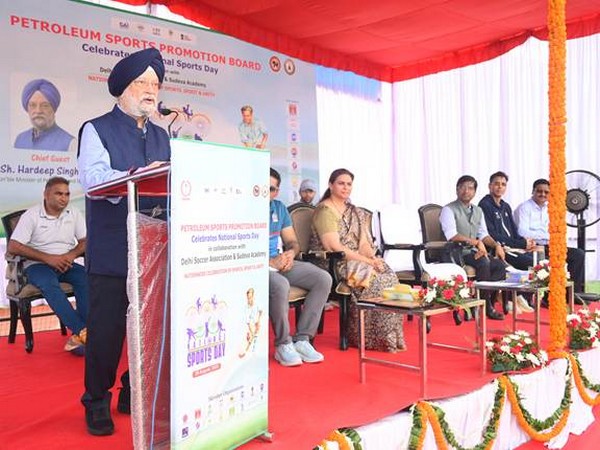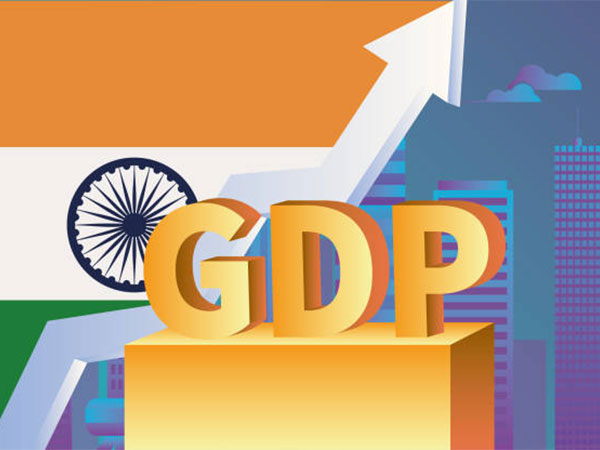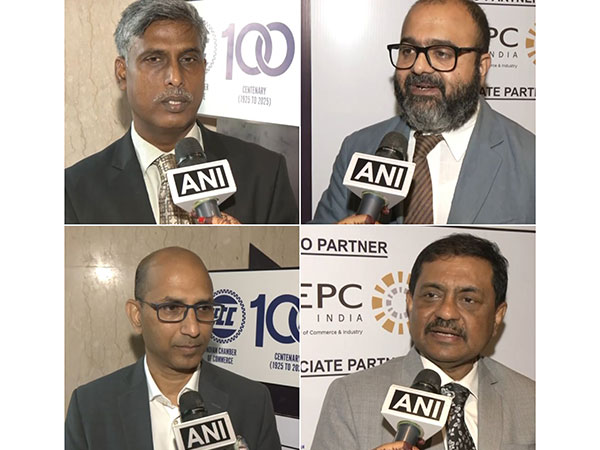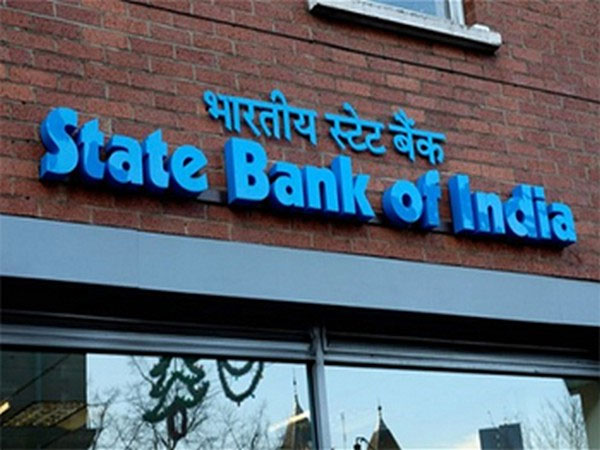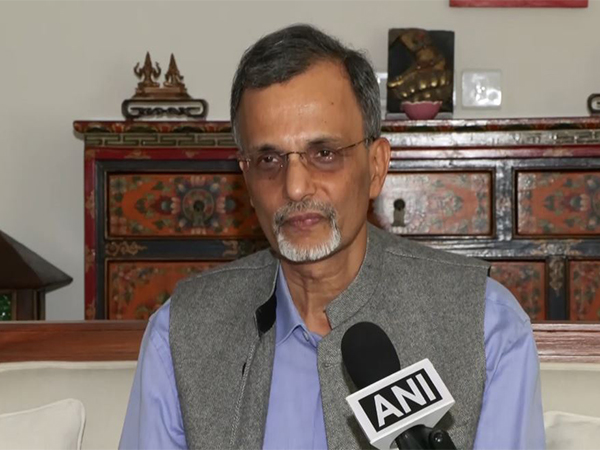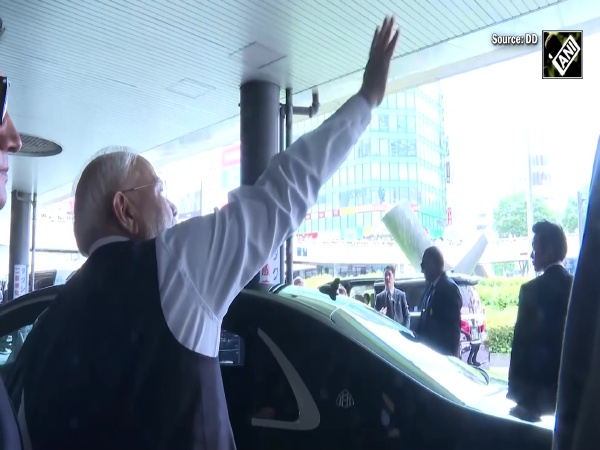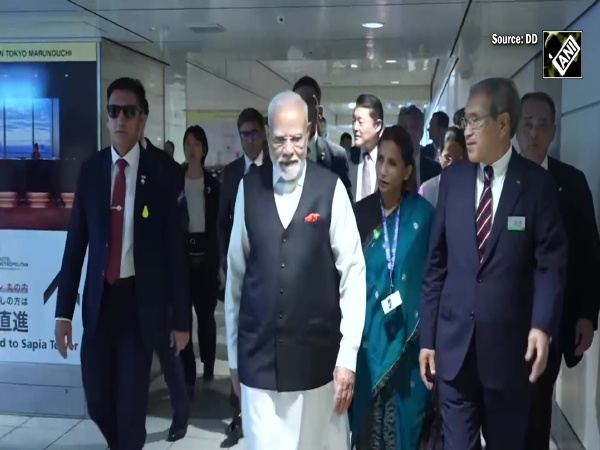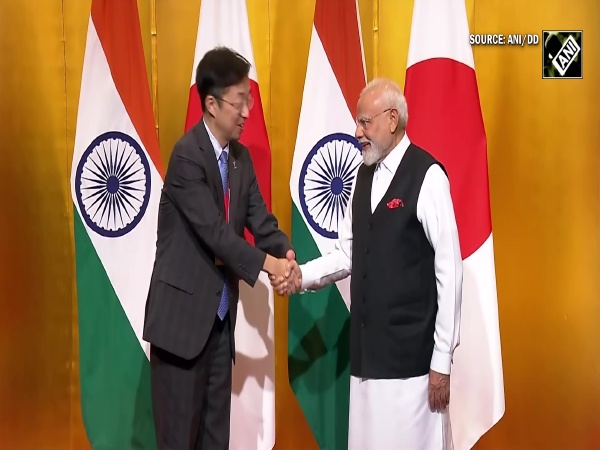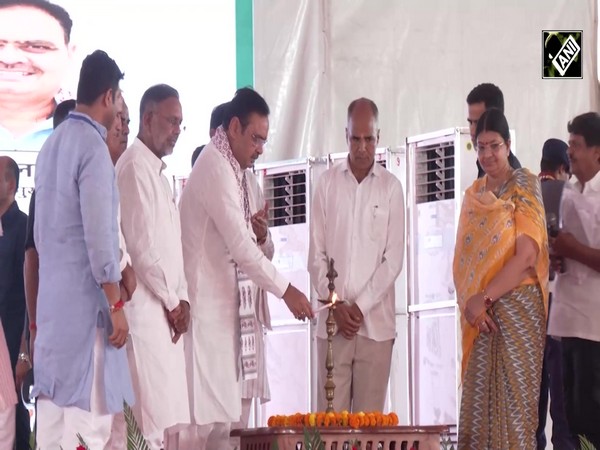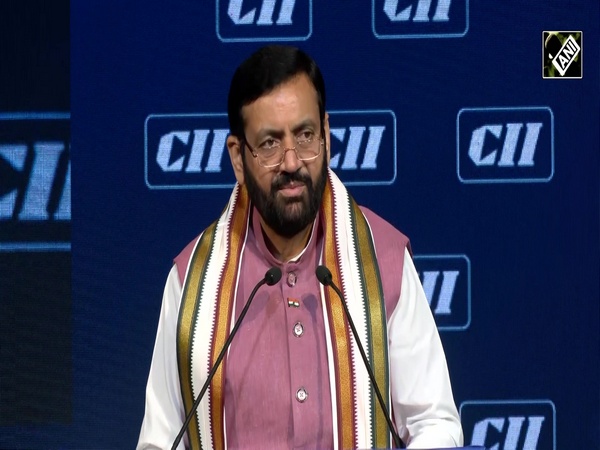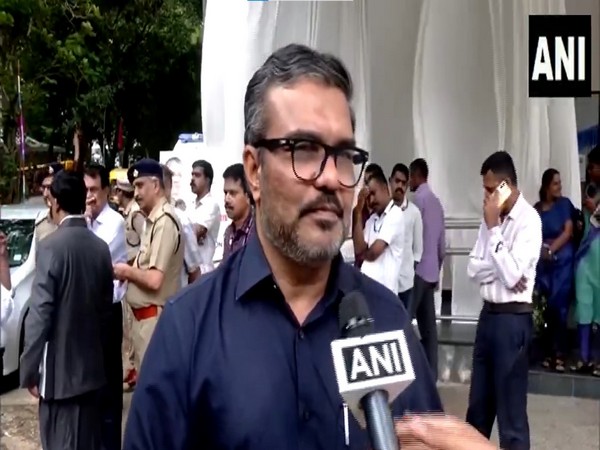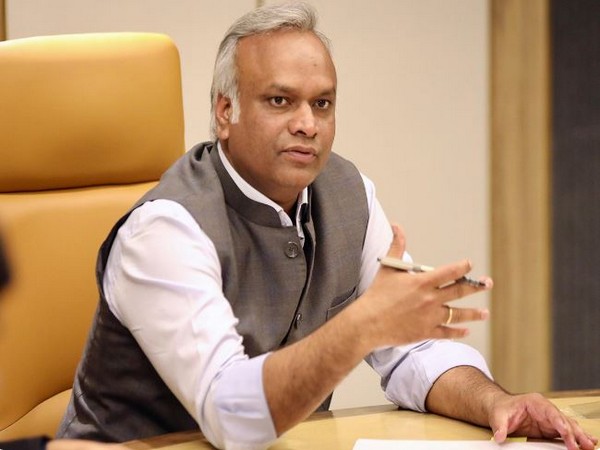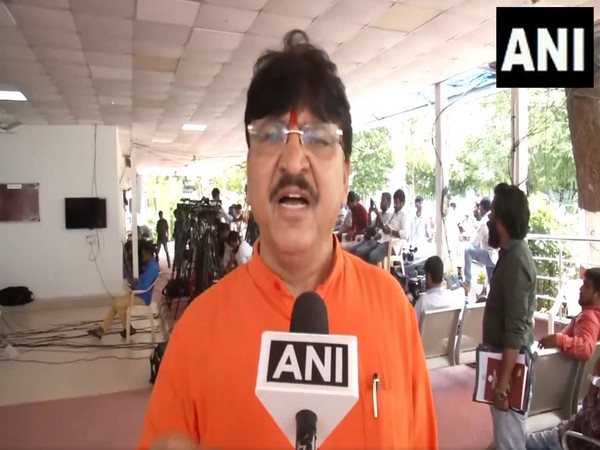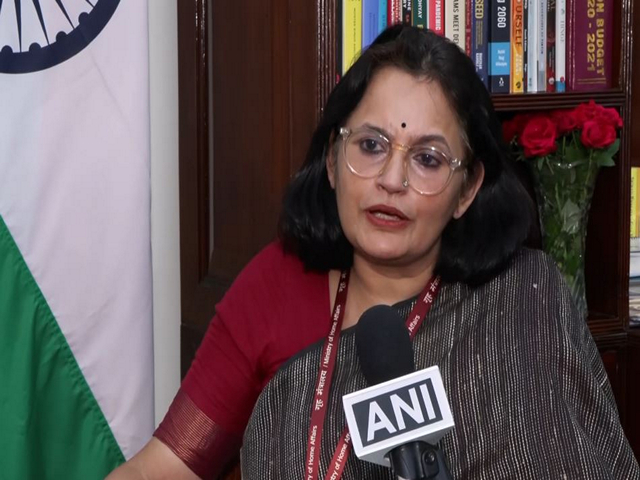
Confident we will stick to fiscal deficit target: DEA Secretary
Aug 30, 2025
New Delhi [India], August 30 : Department of Economic Affairs (DEA) Secretary Anuradha Thakur on Saturday expressed confidence that India will meet its fiscal deficit target of 4.4 per cent for 2025-26, despite the first quarter showing a wider deficit than last year.
In an exclusive interview with ANI, Thakur underlined the government's commitment to fiscal discipline while stressing the strength of India's economic fundamentals.
"On the overall year number, we remain confident that we will be able to stick to the fiscal deficit target we had set, and we will be able to maintain that," she stated, responding to concerns over the April-July fiscal data.
India's fiscal deficit for April-July stood at Rs 4.68 lakh crore, or 29.9 per cent of the 2025-26 target, compared to 17.2 per cent during the same period last year.
Thakur, however, dismissed concerns that the quarterly performance would impact annual projections. "Fiscal deficit number for Q1 is not indicator for the full year. Because on monthly or quarterly basis, there could be temporal mismatches between the flow of non-debt receipts and expenditures," she explained.
In her Budget speech, Finance Minister Nirmala Sitharaman had set the Revised Estimate for fiscal deficit in 2024-25 at 4.8 per cent of GDP, with the Budget Estimate for 2025-26 projected at 4.4 per cent of GDP.
Commenting on the Q1 2025-26 GDP growth of 7.8 per cent, Thakur said, "Q1 numbers reflect basic resilience of our economy. It reflects strengthening of the momentum in the economy, and it is anchored in strong macroeconomic fundamentals."
She pointed to robust performance across sectors, with manufacturing, construction, and engineering showing strong activity.
Agriculture demonstrated awe-inspiring growth, supported by a good Rabi harvest and excess kharif sowing compared to the previous quarter.
"We have a good buffer stock. We witnessed good rainfall. Our growth outlook is good," Thakur added, citing agricultural strength as a key factor in sustaining economic momentum.
On the demand side, Thakur noted that domestic consumption remains the primary growth driver for the Indian economy. "In our economy, net exports don't contribute so much," she said, highlighting the economy's reliance on internal demand rather than external markets.
Addressing concerns about potential 50 per cent US tariffs on Indian goods, she said, "As an economy, the dependence on exports is not that high. There could be some near-term disturbance, but in the overall year scenario, we are not changing our growth estimate yet."
Looking ahead, Thakur expressed optimism about sustaining the economic momentum. "Way forward, the outlook remains positive, and the momentum that has been demonstrated in Q1 shall hold up. Agriculture is a strong reason for saying that," she stated.
She also cited high-frequency indicators and the government's sustained capital expenditure drive as key supports for growth. "The strong capex push that the government has been making for the last several years, and particularly in the last Q1, which is about 30 per cent more than the 3-year average," Thakur noted, underlining the government's commitment to infrastructure investment as a growth catalyst.
